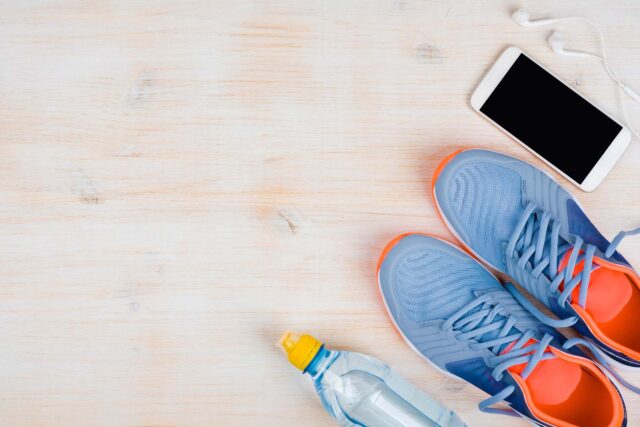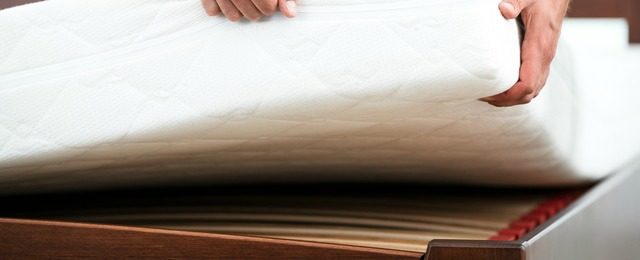
Are you one of the many people struggling to get a better night’s sleep? Having a good night’s dream is easy to take for granted, but it’s just as important as exercising regularly and eating right. According to ecellulitis.com, poor sleep can lead to low productivity, brain function, and even health problems if you’re not careful.
How can you actually sleep better at night without using medicine or other over-the-counter dr**s? If you want to optimize your health, it’s time to get serious about your sleep. Here are science-based tips to help you get better sleep at night.
1Turn Off Your Devices

It should come as no surprise that your favorite devices are keeping you up at night. While having exposure to sunlight during the day is great for your internal clock, the same isn’t true at night. Nighttime light exposure has the opposite effect, and it signals to your body that it’s time to stay away.
Blue light, which is emitted from smartphones and computers, is one of the worst things for your circadian rhythm. It keeps your body from producing hormones like melatonin, the sleep hormone. How do you fix this? You can use melatonin supplements such as MidNite or to block the blue light on your device in the hours before bed, you should also just put your phone and devices away.
2Stop Napping

Who doesn’t love a relaxing afternoon nap? If you’re in the habit of taking naps on a daily basis, these might help you feel more refreshed throughout the day. However, they’re also negatively affecting your sleep.
While you should still feel comfortable taking short power naps, skip any irregular lengthy naps. These naps can confuse your internal clock, making it harder to fall asleep and stay asleep during nighttime.
3Stay Consistent

Are you prone to waking up early during the week for work or school only to “binge sleep” on the weekends? If so, you’re not alone. A lot of people love to rest on the weekends. That being said, your body will function much better if you simply stay consistent.
If you’re consistent with your sleeping and waking time, you’ll have better sleep long-term than if you just play “catch up” on the weekends. Plus, getting in this habit will make it likely that you’ll wake up naturally before your alarm.
4Check Your Bed

Not all beds are made for everybody. In this day and age, we have beds for just about everything. One of the biggest problems is not having the right bed to sleep at night. The wrong bed can leave your body feeling sore and uncomfortable.
It’s time for an upgrade. Whether you need an adjustable bed to suit your daily needs, memory foam, or some combination, you can check out Reverie.com to start your search for better sleep.
5Say No to Snacking

We all love snacks, but having a snack too close to bedtime might affect your sleep quality. Late-night eating prevents your body from releasing HGH and melatonin, the two hormones that help you fall asleep naturally.
You should stop eating around four hours before bedtime. If you must snack before bedtime, keep it light. Having a small bite to eat shouldn’t have a major effect on your sleep schedule. Just make sure you’re keeping enjoying only during meal times!
Have Even Sweeter Dreams
Are you ready for the best sleep of your life? If you’re struggling with your sleep and waking up feeling refreshed, you’re not alone. However, it doesn’t have to be this way. It’s time to have the sweetest dreams yet.
These tips above will help you fall asleep faster, stay asleep, and wake up ready for the day. Are you ready for the best dream of your night?







